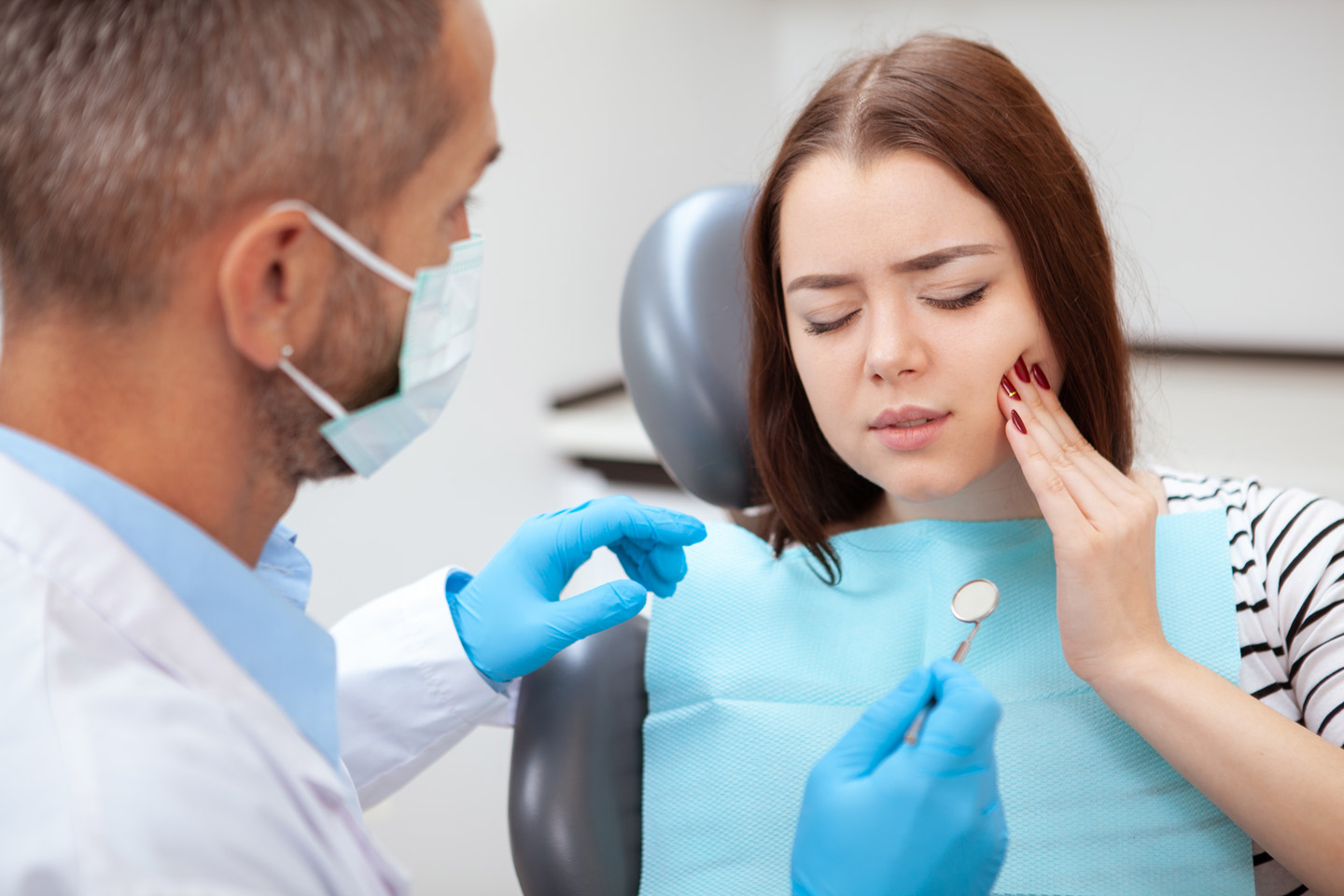What Is Considered a Dental Emergency?

Experiencing a dental emergency can be incredibly stressful, with pain, swelling, and discomfort often coming on suddenly. Understanding what constitutes a dental emergency can help you take swift action to protect your oral health and alleviate pain. In this blog, we’ll explore common dental emergencies, when to seek immediate care, and what steps to take if you find yourself in a dental crisis.
Recognizing a Dental Emergency
Many dental issues can be urgent, but not every problem requires immediate attention. Knowing the difference can save your teeth and prevent further complications. Here are some key indicators that you may be dealing with a dental emergency:
1. Severe Tooth Pain
Sudden, intense tooth pain without an obvious cause is a sign that something is seriously wrong. Whether it’s an issue with a tooth, gums, or even a root, it’s best to see an emergency dentist immediately.
To ease pain while waiting for your appointment:
- Take over-the-counter pain relievers.
- Apply a cold compress to the affected area.
- Rinse your mouth with warm salt water.
2. Bleeding and Swelling
If you notice unexplained bleeding or swelling in your gums, this could indicate an underlying issue that needs prompt attention. While occasional bleeding from flossing is common for those not used to it, persistent bleeding accompanied by swelling or pain is not normal and requires emergency dental care.
3. Loose Teeth
Adult teeth should never feel loose. This can be a sign of a serious issue such as an infection or injury. Immediate dental care is essential to address the problem and prevent further damage.
4. Knocked-Out Tooth
Losing a tooth can be alarming. Acting quickly increases the chances of saving the tooth. If a tooth is knocked out:
- Pick it up by the crown, not the root.
- Rinse it gently with water.
- Try to reinsert it into the socket if possible, holding it in place with gentle pressure.
- If reinsertion isn’t possible, keep the tooth moist in a glass of milk or inside your cheek and get to a dentist immediately.
5. Cracked or Chipped Tooth
A cracked or chipped tooth can lead to further damage or infection if not treated promptly. It’s crucial to seek emergency dental services to prevent complications.
6. Lost Fillings or Crowns
When a filling or crown falls out, the tooth becomes vulnerable to damage and infection. Seek emergency dental treatment to restore the tooth and protect your oral health.
7. Dental Abscess
An abscessed tooth is a serious condition that requires immediate attention. Symptoms include severe pain, fever, facial swelling, and tender lymph nodes. If untreated, an abscess can lead to life-threatening infections.
8. Exposed Nerves
Exposed nerves are incredibly painful and require prompt treatment to prevent further nerve damage, infection, and extensive dental work.
9. Food or Debris Stuck Between Teeth
When flossing doesn’t dislodge food or debris stuck between your teeth, it can cause severe discomfort and potential infection. Seeking professional help can prevent further issues.
When to Seek Emergency Dental Care
According to the Centers for Disease Control and Prevention (CDC), over 40% of American adults have experienced oral pain in the past year. Pain is often the first sign that something is wrong, but not every dental issue requires an emergency visit. Here are some questions to help determine if you need immediate care:
- Is the pain severe or persistent?
- Is there significant bleeding or swelling?
- Have you lost a tooth or a filling?
- Are your gums infected or showing signs of infection?
- Is there noticeable damage to a tooth or dental work?
If you answered yes to any of these questions, it’s essential to contact an emergency dentist.
Common Emergency Dental Services
Emergency dental services are designed to address a variety of urgent issues. Some common treatments include:
- New fillings
- Root canals
- Tooth extractions
- Replantation of knocked-out teeth
- Splinting for loose teeth
- Irrigation and antibiotic treatment for infections
Benefits of Prompt Emergency Dental Care
Seeking immediate emergency dental services can have numerous benefits:
- Preserve Your Teeth: Quick action can save teeth that might otherwise be lost.
- Reduce Pain: Addressing issues promptly can prevent pain from escalating.
- Prevent Further Problems: Early treatment can stop minor issues from becoming major complications.
- Protect Dental Work: Timely repairs can save crowns, fillings, and other dental work from further damage.
- Safeguard Your Health: Infections can spread and become life-threatening if not treated quickly.
- Save Money: Early intervention can prevent the need for more extensive and expensive treatments later.
Conclusion
Understanding what constitutes a dental emergency and knowing how to respond can protect your oral health and prevent unnecessary pain. Stay proactive with your dental care to minimize the risk of emergencies and ensure you know where to turn if one occurs.
If you need emergency dental services or general dental care, contact us at Access Dental & Orthodontics. We’re here to help with all your dental needs.



